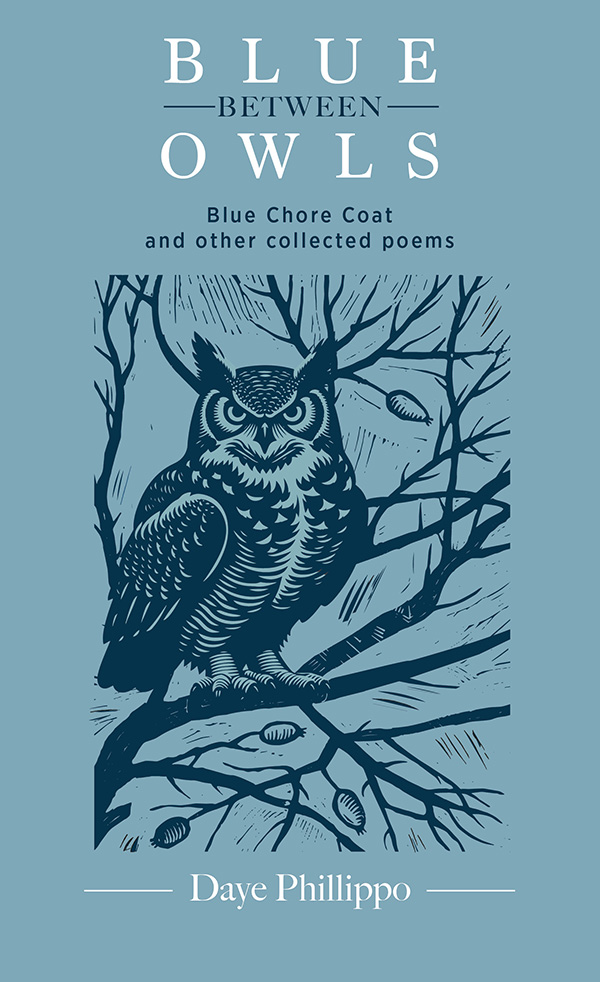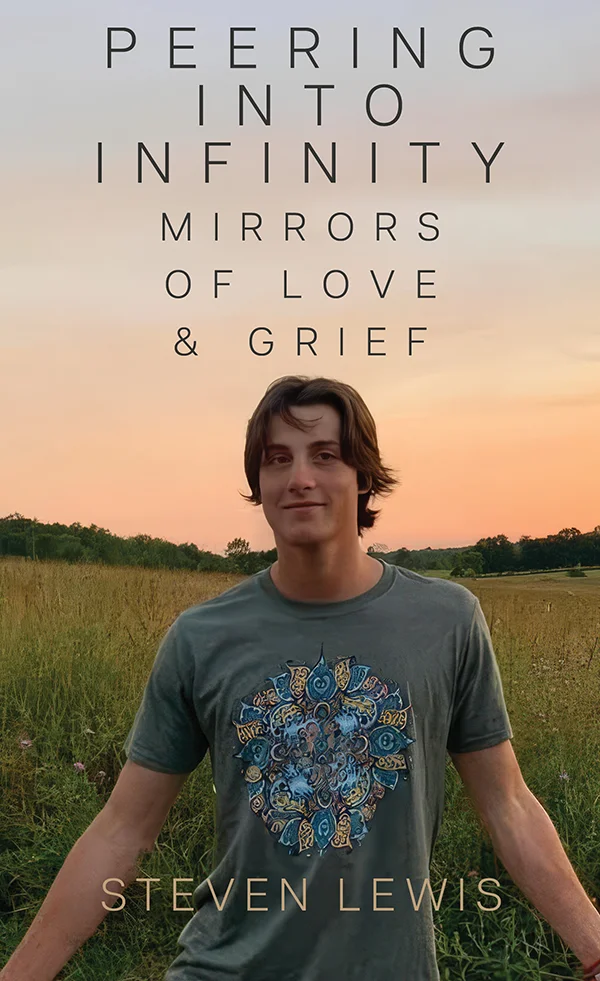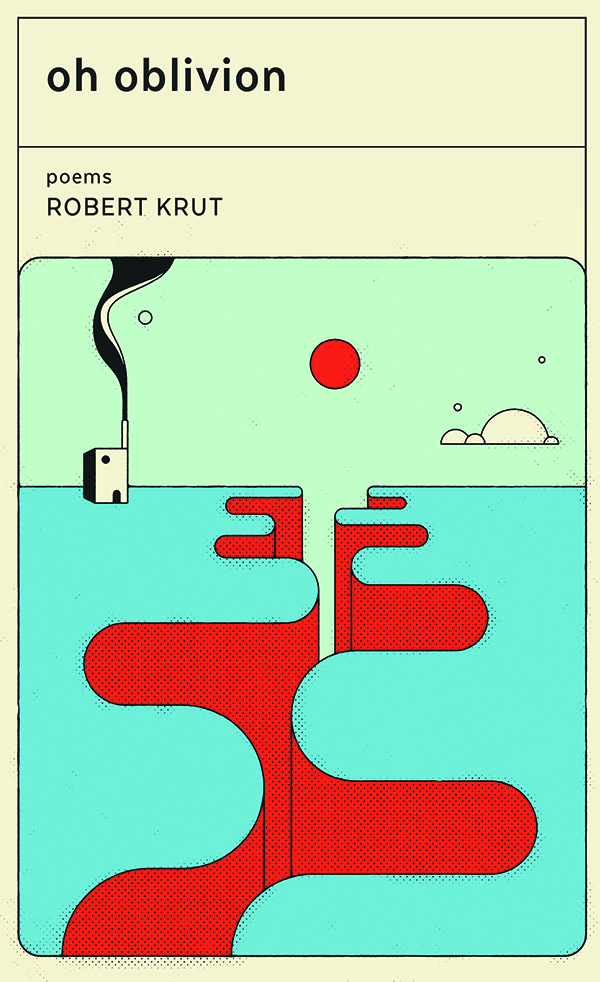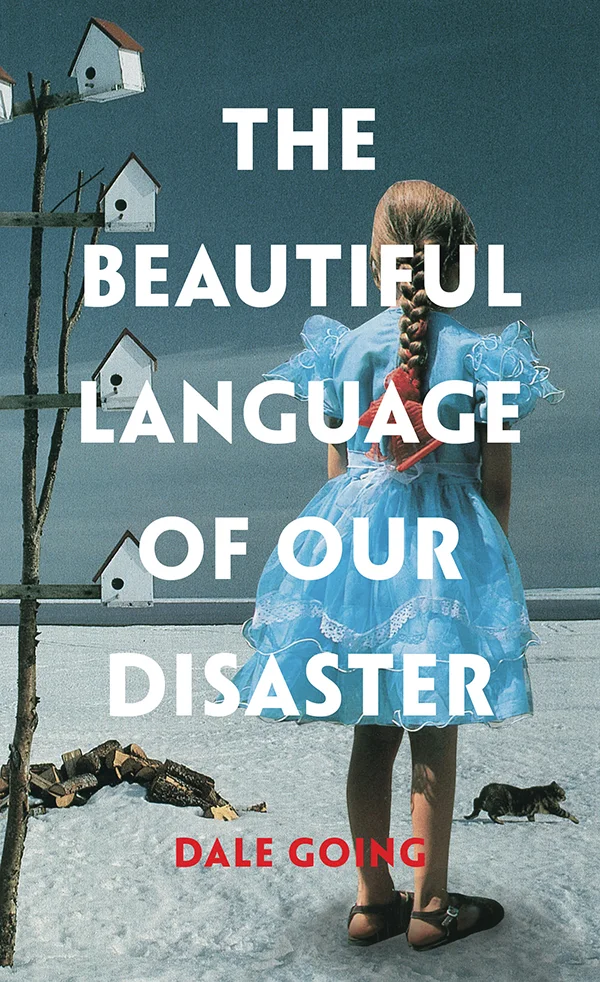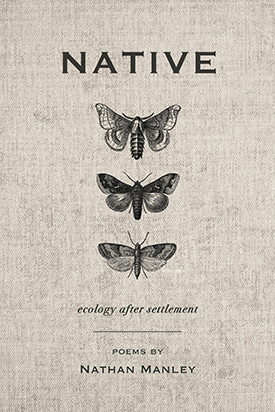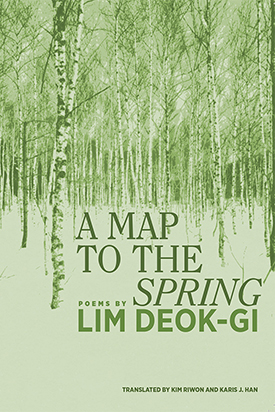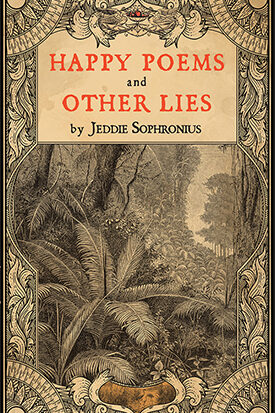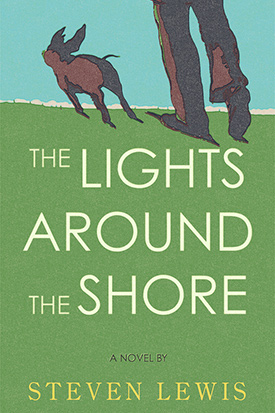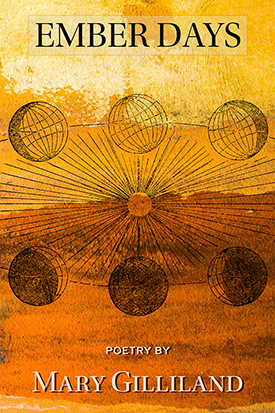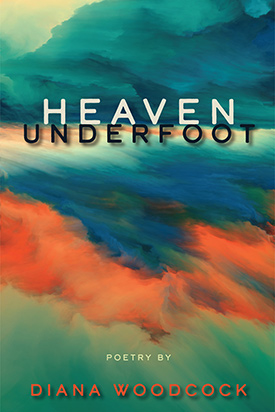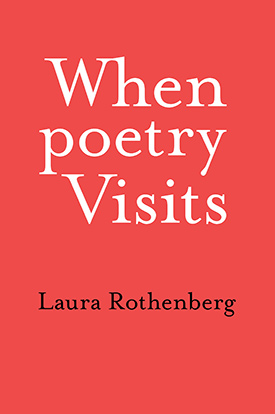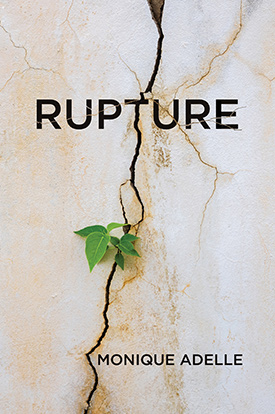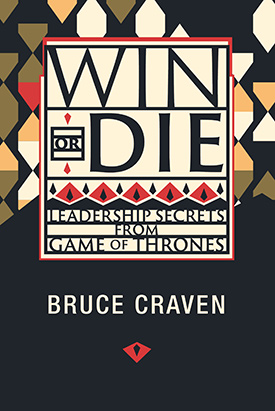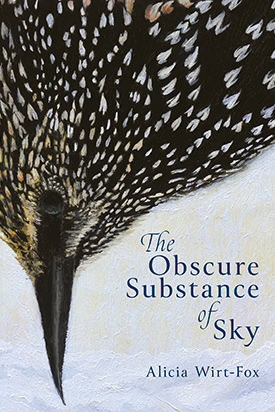New
Peering Into Infinity: Mirrors of Love &
by Steven Lewis
This collection of poems arose in the aftermath of the author’s profound loss of his grandson Rory, who was killed at the age of 21 by a drunk driver in Wilmington, North Carolina. Confronted daily with the temptation to retreat from life, he instead turned to language as a way of moving through overwhelming grief—not as therapy, not as art, not in search of closure, and not to impose meaning on what remains senseless, but simply to give voice to the unendurable and to speak of it.
Oh Oblivion
by
Robert Krut
In Oh Oblivion, Robert Krut presents poems written from the island between lives. They look out on a world disappearing, filled with the surreality of a city where a cardboard box containing a human heart awaits discovery (“Nocturnal Cartography”) to a country where gasping birds cough up coins in a now-drained lake (“The Loons”). While current life is keenly observed, the poems turn to what lies ahead, investigating the narratives that are yet to take place, where simple earnest gestures linger (“An Offering Is Infinite”) and “the ghosts of the future” turn to the comfort a resetting solar system (“Oh Amnesia”). Standing in the space between worlds, the poems take a hard-earned stock of where we are but make a toast as we step forward on uncertain and unseen ground.
The Beautiful Language of Our Disaster
by Dale Going
In The Beautiful Language of Our Disaster, poet Dale Going, an early survivor of Hodgkin’s Lymphoma, reflects with lyric grace and formal innovation on the reverberating trauma and long-term effects of illness, while connecting her rare cancer experience to the broader experience of the catastrophic world we’re all living in now. The poet’s decades-long experience as a professional patient, which radically altered her life, interrupted her career, and is a constant of daily existence, is addressed in poems resonating with the felt sensations of an afflicted body, while celebrating with exuberant life force the pleasures available—‘the body’s too small to live in’—in an embracing stance toward love, art, and the natural world. Going gathers up fragments, takes the tears and tears (weeping/rips), the world’s grief and error, and makes intimate wholes from the broken, as part of a poetic experiment in healing for ourselves, our others, our wounded world, in the only now.
Featured Titles
Codhill Catalog
There is no more important function of writing at this time than to call us to awaken. The state of siege under which human consciousness—human conscience—is living has not abated in the time since Blake wrote. The seriousness of the situation has only intensified. To serve our memory of what is truly important: to that the writer should be a guide.


